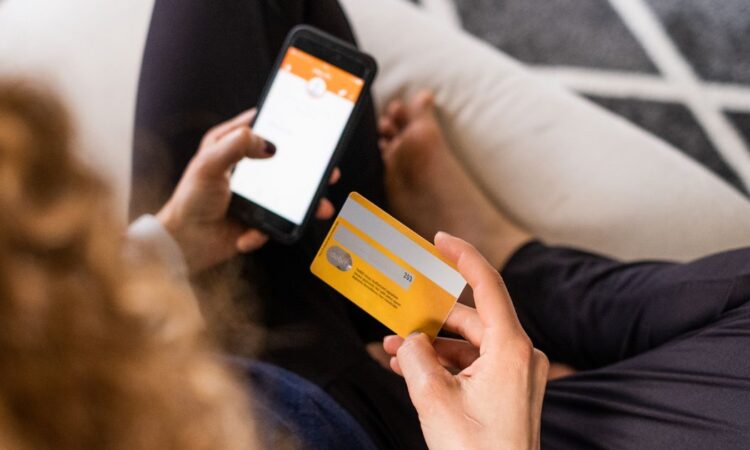
Police have sent out an urgent warning to customers at the UK’s largest banks – Santander, Lloyds, Barclays, HSBC, NatWest and more – following a series of fake investment scams. Cops are speaking out to warn customers after some account holders were left more than £100,000 out of pocket.
The victims – including one man who was taken for nearly £120,000 – were first lured in by flashy adverts and pop-ups for an online investment scheme. One Nottinghamshire victim, a man in his 20s, was left liable for six loans totalling £118,500 – money he will now have to pay back, reports BirminghamLive.
Another, a woman in her 60s, fell into £24,000 of debt in similar circumstances. Kirsty Jackson, a cyber protect officer at Nottinghamshire Police, said: “These online investment scammers pose as legitimate companies with hundreds of positive reviews, so it can be very easy to become a victim.
READ MORE:
“It is therefore extremely important that people only grant remote access to their mobile phone, iPad, laptop or computer if they are asked by someone they know and trust, such as a friend or family member. You should never grant remote access to your device as a result of an unsolicited call, browser pop-up, or text message.
“The consequences of doing so can be devastating. These scams have had a profound impact on their victims as the banks have now insisted on the loans being paid back. We are helping them submit claims for the loans to be written off, but there are no guarantees and so the best way to protect yourself is to be vigilant of such scams.”
Kirsty added: “While remote access tools are safe when used legitimately, we want the public to be aware that they can be misused by criminals to commit fraud. It’s important the public understand that legitimate organisations will never contact you out of the blue requesting remote access to your device. No matter what is said, remote access scams all have the same thing in common – the scammer will always ask you to type something into your browser or request you to download a remote access tool in order to grant them access to your device.
“Once they have access to your device, they can then access personal information which can be used to apply for loans or bank accounts and access your own bank accounts to steal more money from you. When the scammer has remote access to your device, the camera can be accessed to allow for Face ID verification to finalise fraudulent applications made.
“The scammers can close any fraud warning pop-ups generated by your bank or ask you for a code sent by the bank (from your Secure Key if you have one), otherwise if any codes are sent to your phone number or other verification options enabled, the scammer will likely have access to it since they have access to your device. That’s why it is important to never grant remote access to anyone who contacts you out of the blue.”






